Program Path: Healthcare
Successful career transitions begin with quality training. For medical assistants in Georgia, that means getting a diploma or an associate degree. Your choice should reflect your career goals and how […]
Program Path: Healthcare
Most jobs in the medical field take years to train for. It is time that some people just don’t have. But what if there was a secure and meaningful healthcare […]


Program Path: Healthcare
Central Florida is America’s destination for fun in the sun. However, it’s also home to world-class medical facilities and nurse education programs. Technical colleges in the Orlando area offer practical […]
Call Us Today or Complete The Form at the Top of The Page to Take the Next Step Toward Your New Career!

Gwinnett
Colleges & Institute
Gwinnett Colleges and Institute cannot guarantee employment or a minimum starting salary upon graduation; however, placement assistance is available upon successfully completing the selected program.
For state authorization and accreditation information, please refer to the location page associated with the campus you are interested in.
Disclosures and Catalogs
For Consumer Information, Disclosures, and Course Catalogs, please click the above link.
Sources and related content